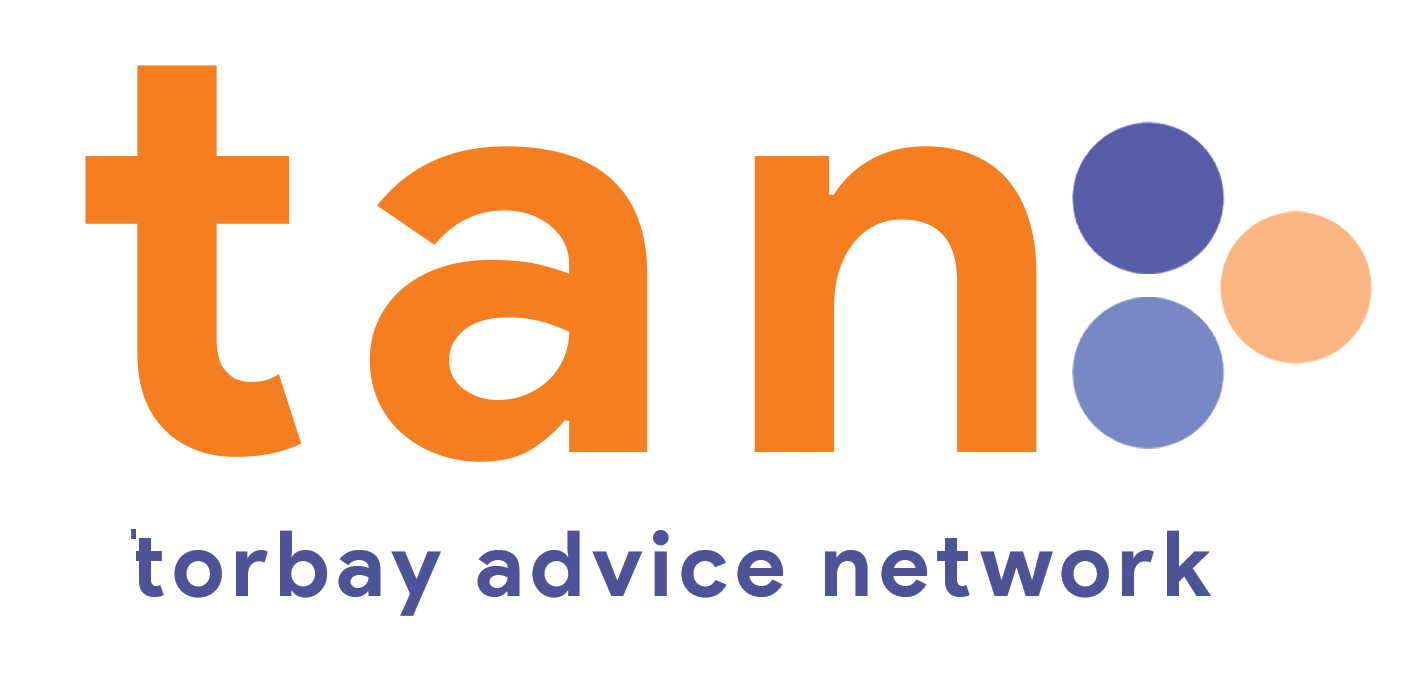DWP commissioned external researchers NatCen to conduct surveys with PIP, UC and ESA claimants to gather feedback on their experience of telephone based assessments.
The independent Joseph Rowntree Foundation is warning that a planned real-terms cut to benefits in April could pull 400,000 people into poverty.
Statistics on the number of sanctions imposed on people who receive JSA, ESA (WRAG), IS or Universal Credit.
These factsheets provide more information about each of the provisions in the act.
The government has committed to updating outdated security protections around identity at the polls and is introducing a requirement for voters to prove their identity at the polling station.
This briefing provides statistics and commentary on the rising cost of living in the UK, as well as other pressures on household budgets.
Over four million people in Great Britain struggling to keep up with bills and credit repayments have recently borrowed to make ends meet. Using credit to pay for essentials causes harm, compounds financial difficulty and lowers living standards.
The Human Rights Act 1998 set out human rights protection from the European Convention on Human Rights in UK law. The impact of the act on parliamentary sovereignty and the criminal justice system, amongst other things, has been increasingly considered. Following several years of debate, the Government has recently revealed its plans to replace the act with a new British bill of rights.
Covid Realities is a major research programme, documenting life on a low-income
during the pandemic.
It has been just over a year since the UK and the EU signed the Trade and Cooperation Agreement (TCA), the deal providing the basis for their post-Brexit relationship. One of the most important and contested parts of the agreement was the so-called ‘level playing field’ – the arrangements for preventing either side from gaining an unfair competitive advantage over the other.





